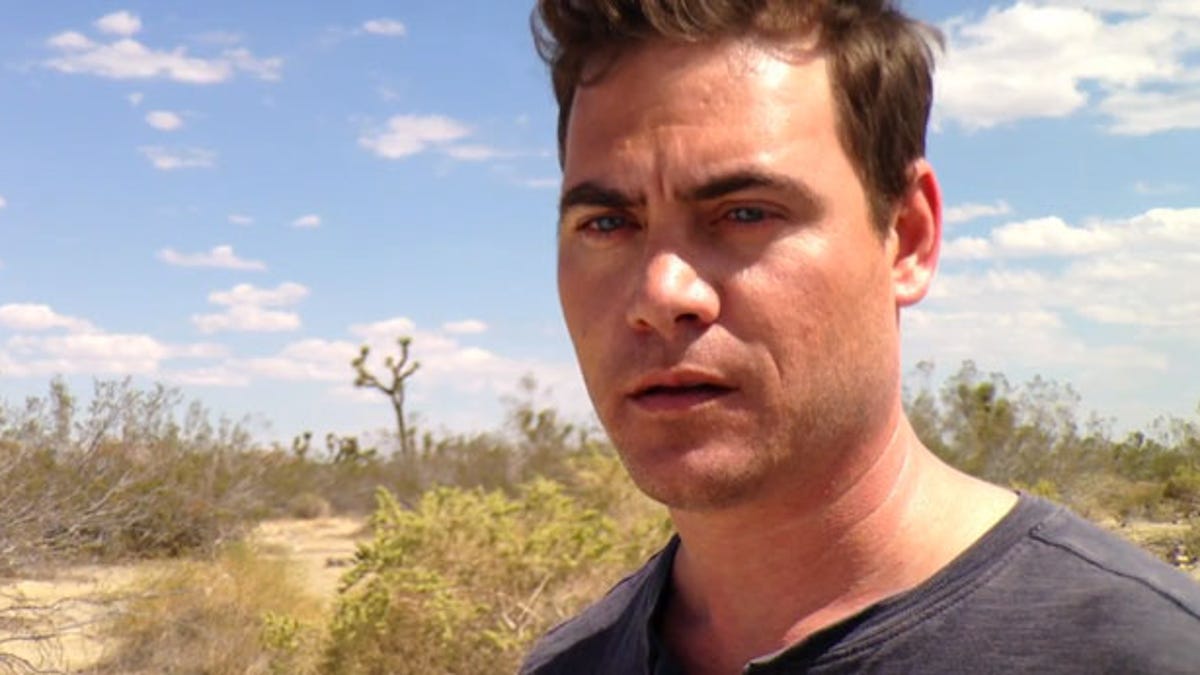Hollywood-style movies with an iPhone 5? It can be done
Peter Jackson may not be standing in line outside an Apple store, but a pair of film-school grads finds the newest iPhone workable for serious shooting and editing.

It might not be easy to use an iPhone to record and edit a Hollywood-style short, but it's possible.
Anna Elizabeth James and Michael Koerbel, the duo behind Majek Pictures, have a history of seeing how well the latest Apple devices handle cinema production values, not just point-and-shoot video, and this time around they've used an iPhone 5 to create "All Up To You," an amusing 96-second mini-musical about running out of gas in the desert with only Siri to help.
Creating the short was a scramble to find dancers, to print app icons on boxes, scout a suitable location. Then came a 10-hour shooting day with the Filmic Pro 2 app and a lot of editing on the iPhone 5 with iMovie.
"Yes, it can be cumbersome to edit on the iPhone, but what I love about it is how the process takes it down to the rudimentary fundamentals," James said. "I truly feel like I have a better idea of what it would be like to cut actual film because bringing in a shot to just 'try' it out on the timeline isn't as easy."
So why suffer the difficulties of tiny-screen editing?
"Everyone (or mostly everyone) now has a camera phone in their pocket. We want to inspire the next generation of filmmakers to get out there and start sharing their stories with the world," Koerbel said. "This filmmaking era is truly the mobile movie-making revolution. In this day and age of YouTube shows and viral videos, no longer are the studios just in Hollywood." (Thus the pair's book, "The Studio In Your Pocket," an attempt to capitalize on the phenomenon.)
The editing began with a very analog process, too: "We noted every single moment we loved on index cards so we knew exactly where the best takes were and where to find them," James said. "Once you know where your gold is, it's simple to put together."
The pair also have tried their moviemaking skills on an iPhone 4 and tried using the iPad 2 as an editing station.
It's a bit gimmicky, to be sure, since even a laptop has a lot more flexibility for editing, but the minimalism appeals to James and Koerbel.
"Shooting with an iPhone is more fun than a traditional camera. It's a super small device, you can put it anywhere, and many of the filmmaking accessories for it are fun to play with," said Koerbel, who contrasts the experience with large productions involving hundreds of people. "There is something about making a short on an iPhone that just changes your whole perspective on this visual medium of storytelling."
Added James, filmmaking today "reminds me of Americanism -- how sometimes we have too many things, buy too much stuff, then have to manage all the stuff -- that we become overwhelmed with all of it. In a weird way this type of filmmaking is going back to the basics and remembering what's most important, your story, your performances, and how to cover it."

